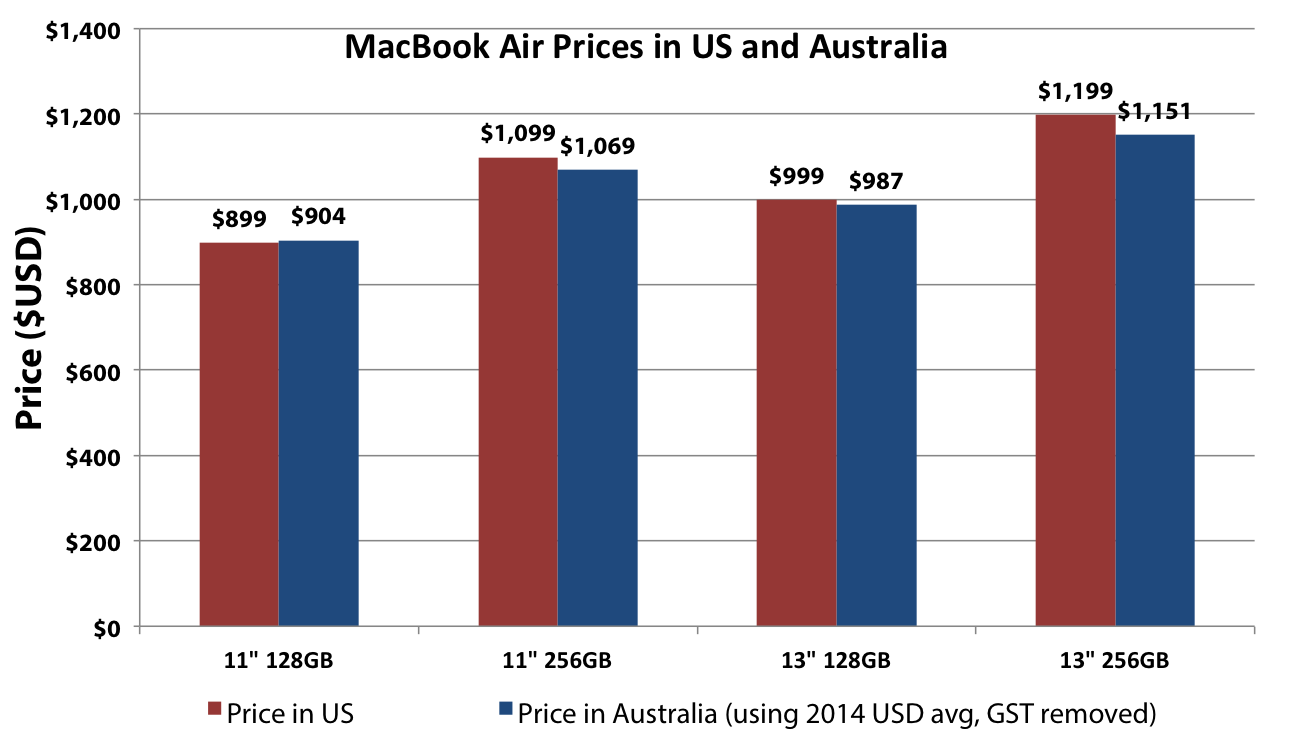Facebook has open-sourced Pop, the animation engine behind the company’s alternative client for iPhone, Paper. Used to power transitions and animations inspired by real-life physics and interactions, Pop has allowed Facebook to build Paper’s popular gestural controls, which have become one of the app’s marquee features. In Paper, many of Facebook’s functionalities are only available through gestures, as the app focuses on content and stories while removing chrome and other standard UI elements in its reimagination of the classic news feed.
Writing on the Facebook Engineering blog, Kimon Tsinteris (co-founder of Push Pop Press, which Facebook acquired in 2011) has explained the motivation behind Pop and the kind of animations it offers to developers willing to implement the framework in their apps:
When I co-founded Push Pop Press in 2010, our goal was to create a realistic, physics-everywhere experience. We wanted a solution that would allow us to evoke the same delightful experience of UIScrollView throughout the whole application. Pop is the latest manifestation of that vision, allowing us to keep the familiar and powerful programming model of Core Animation while also capturing a gesture’s velocity and better reflecting user intent. Paper has given us the opportunity to further refine both the vision and the animation engine behind it.
“Spring” and “decay” are dynamic animations that help bring Paper to life. “Spring” gives Paper elements their attractive bounce. “Decay” brings movement to an eventual slow halt. Both take velocity as an input and are good candidates for realistically responding to user gestures.
According to Tapity’s Jeremy Olson, Pop can be used to “revolutionize the way you think about animation in your app”; Olson has been testing Pop to create animations for Tapity’s upcoming iPhone app, Hours.
Two weeks ago, members of Facebook’s Paper team shared details on the making of Paper and some of the interface, framework, and user experience decisions behind the app in a developer event available on YouTube (embedded above). Facebook will also integrate Pop in Origami, the free design prototyping toolkit used by the Facebook design team to create interactive mockups without programming.
Pop is the latest entry in Facebook’s library of open-source projects, joining KVOController, Shimmer, and Tweaks. Pop is available now on GitHub.




